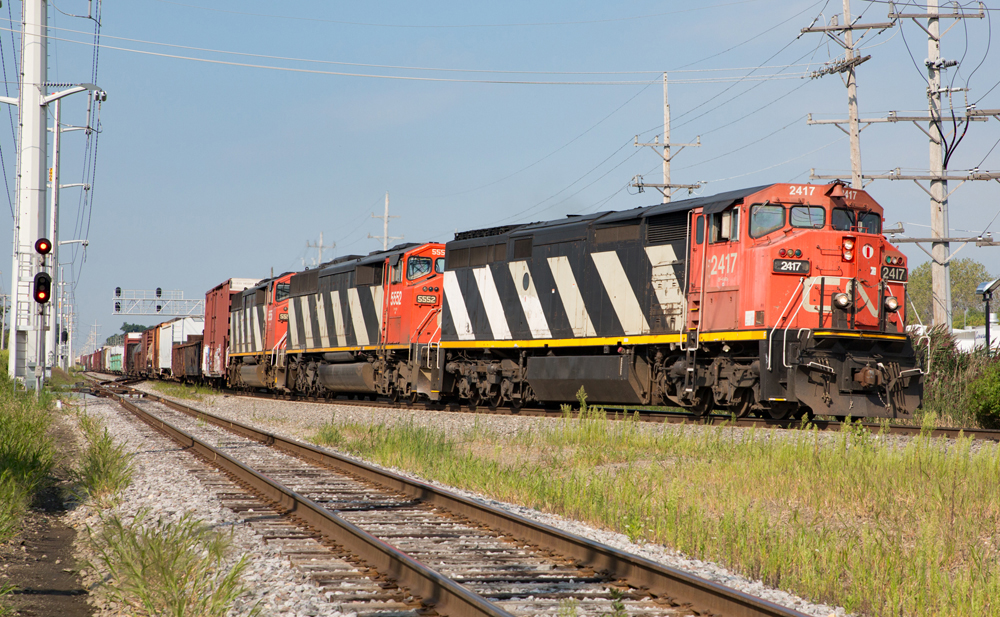
Canadian National cowls Six-axle freight locomotives built with a cowl carbody are a rare design when looking at the overall quantity of models built for North American service. Compared to the thousands of GP9s, SD40-2s, and C44-9Ws built, no one cowl model exceeded 100 locomotives ordered. Canadian National ordered four of the six six-axle freight […]
Read More…
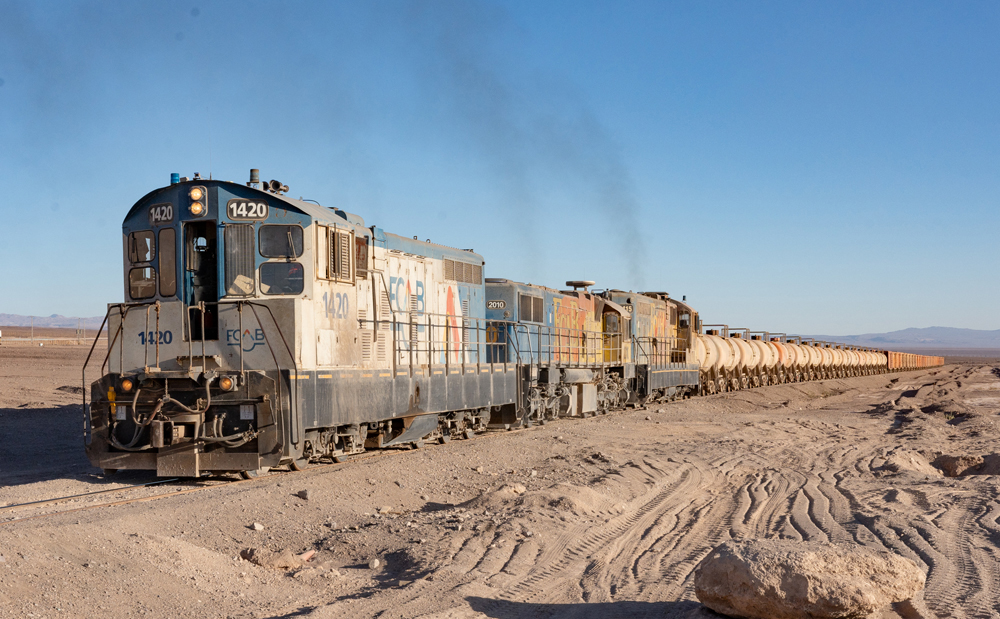
Living the expat life You may not be aware, but your favorite diesel model from long ago may be living another life right now in a land far away. Thousands of locomotives no longer needed on North American railroads have been shipped off to lead a second life in foreign countries for decades. The second-hand […]
Read More…
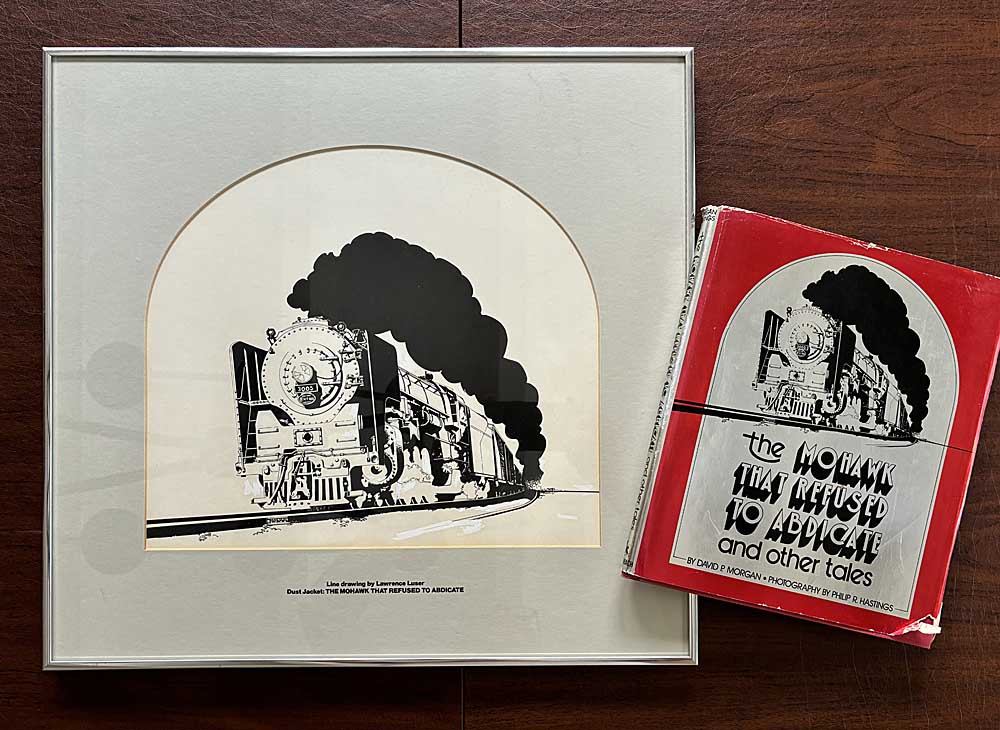
The photo is at once ordinary and extraordinary. Ordinary because the photographer had to grab it on the fly, shooting a low-angle wedge shot in low light as a New York Central steam locomotive snuck up on him out of nowhere. The photo is a bit dark and shows little of its creator’s compositional genius. […]
Read More…
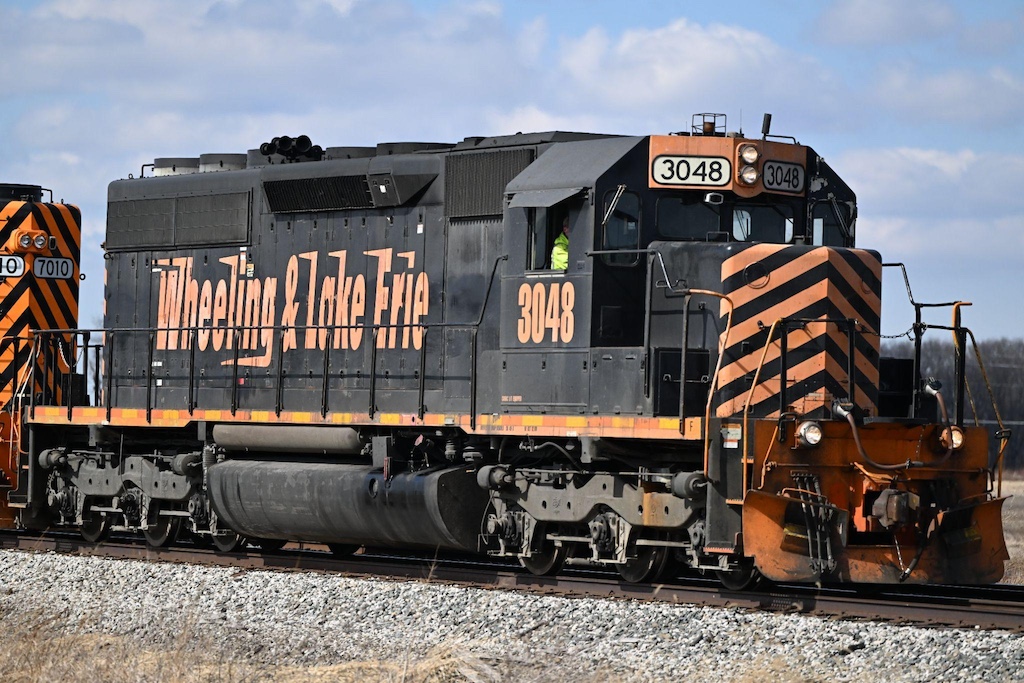
Predicting the future is tricky business. Circumstances can change at the drop of a hat, opening up previously unforeseen possibilities. However, with analysis and careful guesswork, a prediction can be made. With that in mind, let us examine the future of the locomotive on the U.S. rail network. The current state of railroading To predict […]
Read More…
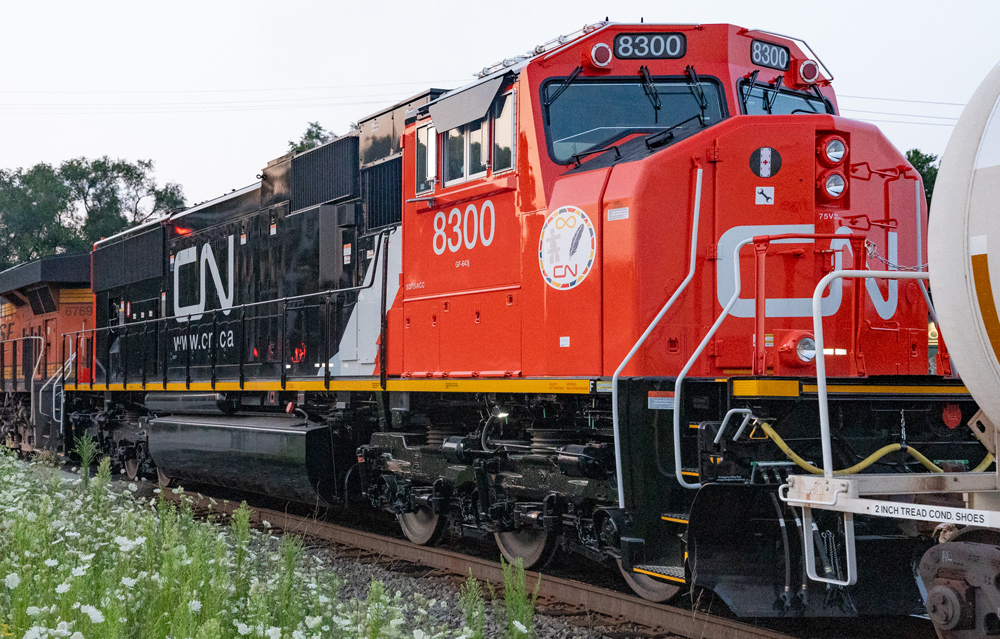
CN DC to AC Canadian National is receiving its next DC-to-AC rebuilds this summer. The first conversions already on CN’s roster are 50 former Canadian National C44-9Ws converted to AC-traction AC44C6Ms by Wabtec in its Ft. Worth, Texas, facility in 2022 and 2023. The latest group of rebuilds on order include additional AC44C6Ms and EMD […]
Read More…
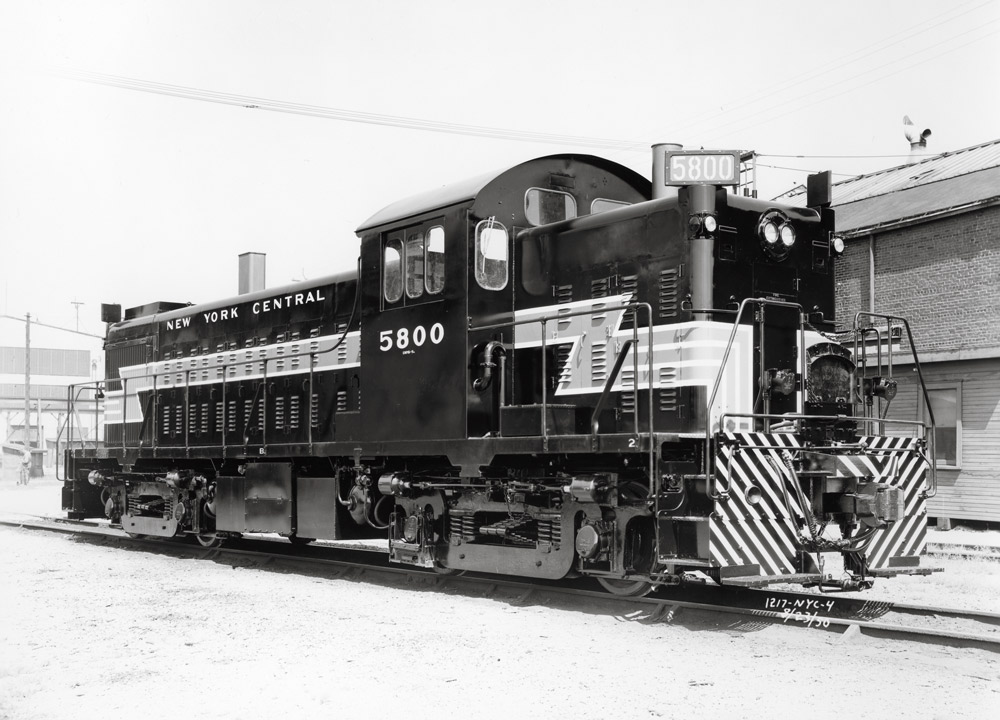
The New York Central diesel roster showed diversity in an era known for experimentation. Major railroads with deep financial pockets have the freedom to spend money for equipment like the proverbial kid in the candy store. Among them, you’d have to include the mighty New York Central. Nicknamed the “The Water Level Route,” […]
Read More…
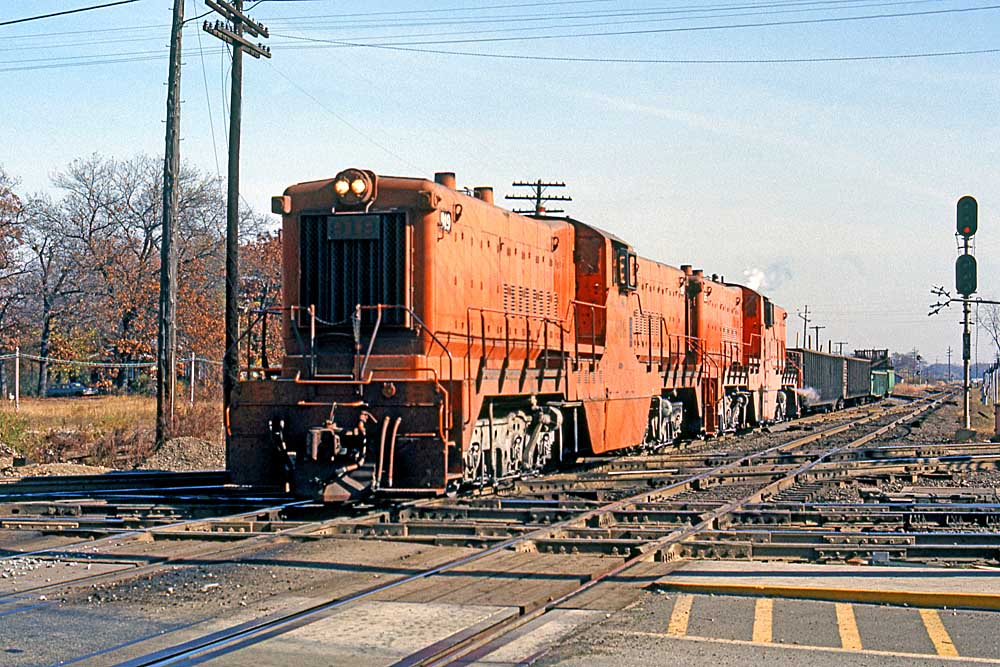
A friend asked me recently what was the first locomotive I clearly remember. The answer might be surprising: it was huge (to a 4-year-old, anyway), it was rare, it was a little scary, and it was orange. And to use the accepted sound nomenclature, it “burbled.” I’m referring, of course, to Elgin, Joliet & Eastern’s […]
Read More…
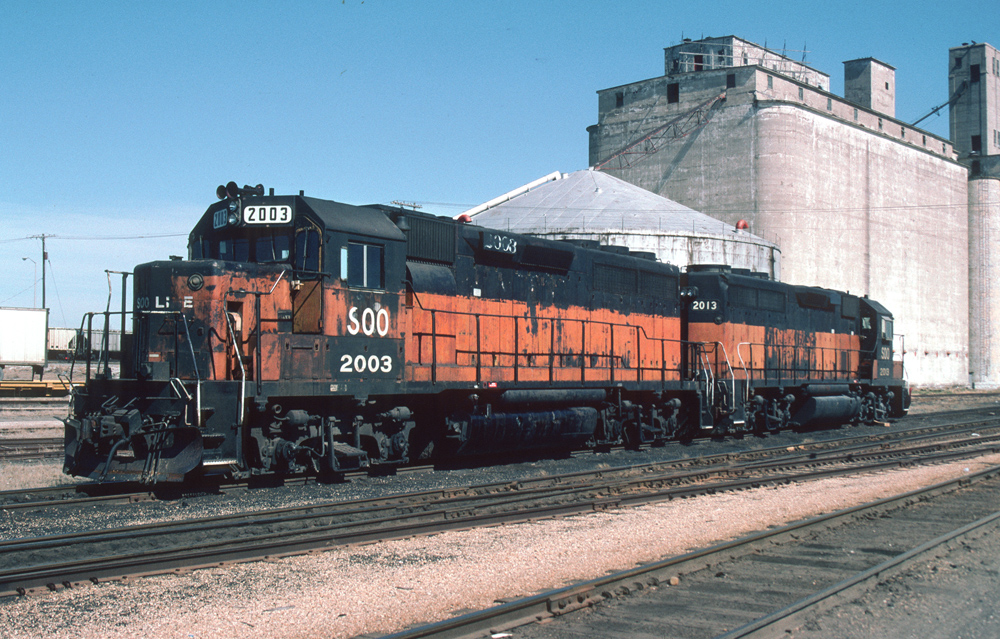
Class I ‘bandit’: Milwaukee Road painted locomotive Locomotive rosters are constantly in a state of flux. Power is being returned off lease, sold, or scrapped in house. CPKC did the latter recently with a group of locomotives stored at its St. Paul, Minn., diesel shop. The group included the last Milwaukee Road “bandit”-painted locomotive on […]
Read More…
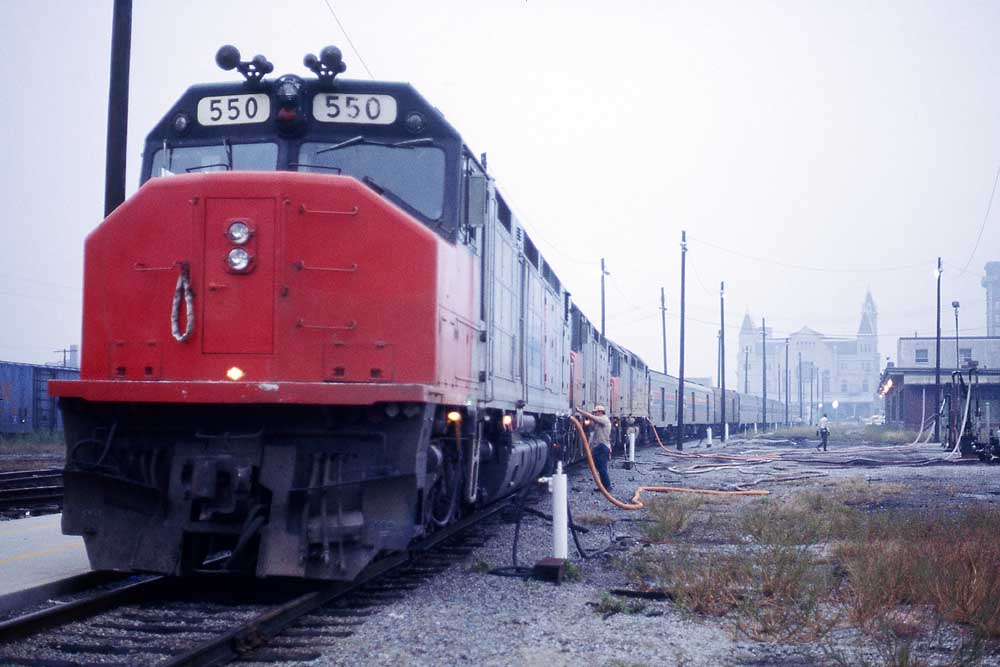
The current era of transition for Amtrak’s roster harkens back to motive power that shaped the passenger rail carrier — for better or for worse. Excluding EMD F40PHs, as they’re in a league of their own, here are five memorable Amtrak locomotives. SDP40F Initially rolled out in 1973, the SDP40Fs became the […]
Read More…
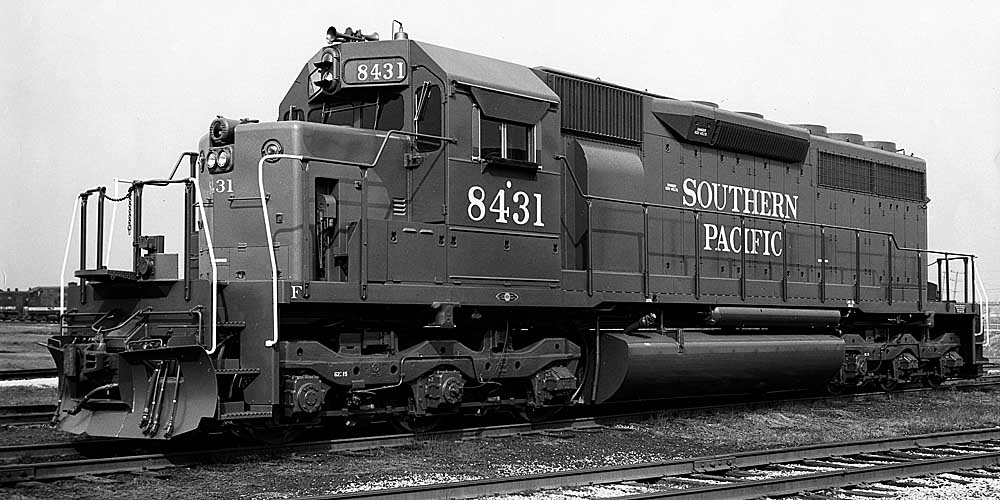
Although a latecomer to the hood unit market, EMD became the dominant builder of road switchers with the GP7. Dynamic brakes are indicated by a protruding housing (“blister”) with grids atop the middle of the long hood, with rooftop cooling fans above it. The radiators are at the end of the hood, with an intake […]
Read More…
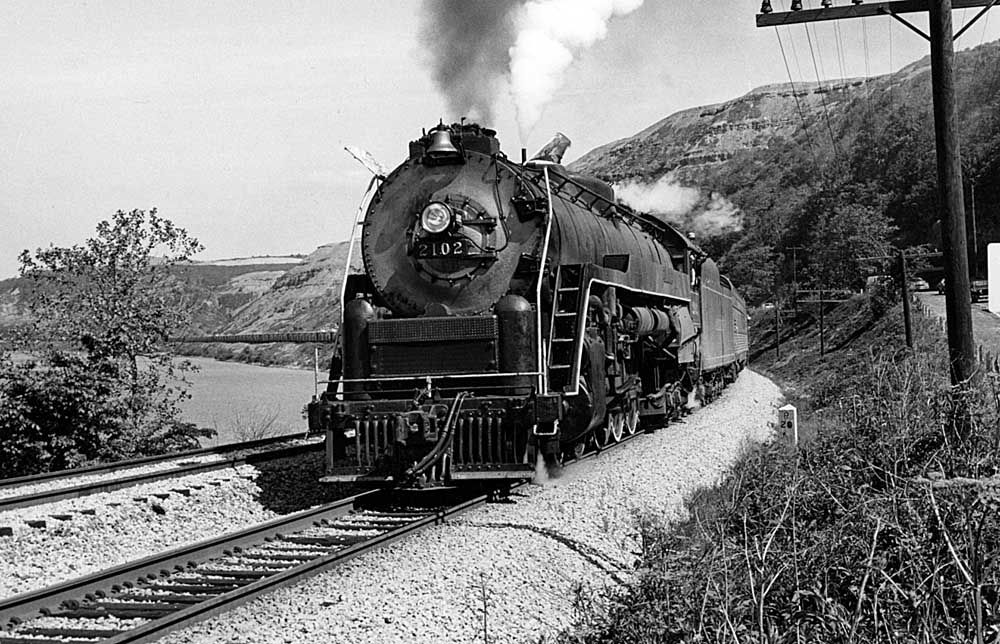
Of all the mainline steam locomotives running these days — and there is an uncanny amount of them — I can’t think of one with as many distinct transitions as Reading 4-8-4 No. 2102. By my count, she’s a cat with at least five lives, with four more to go, if you believe that sort […]
Read More…
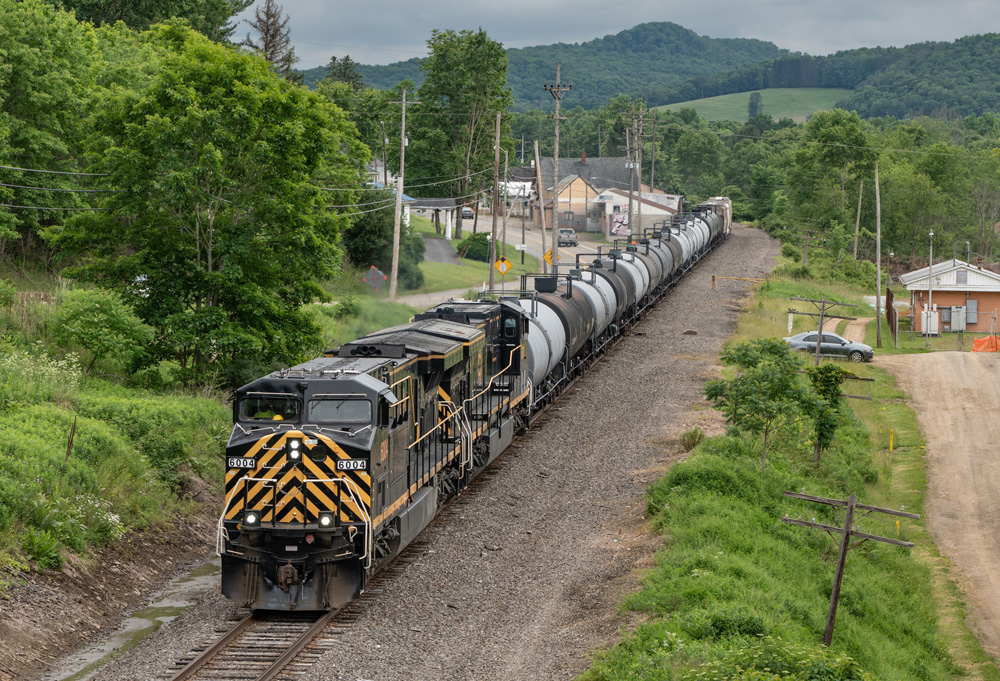
General Electric AC6000CW The modern horsepower race between builders culminated in the 1990s with both General Electric and EMD producing six-axle locomotives with 6,000-hp prime movers. Unfortunately, the concept never caught on, with only two domestic railroads, Union Pacific and CSX, purchasing General Electric’s design. In the race to get the locomotives on the road, […]
Read More…












